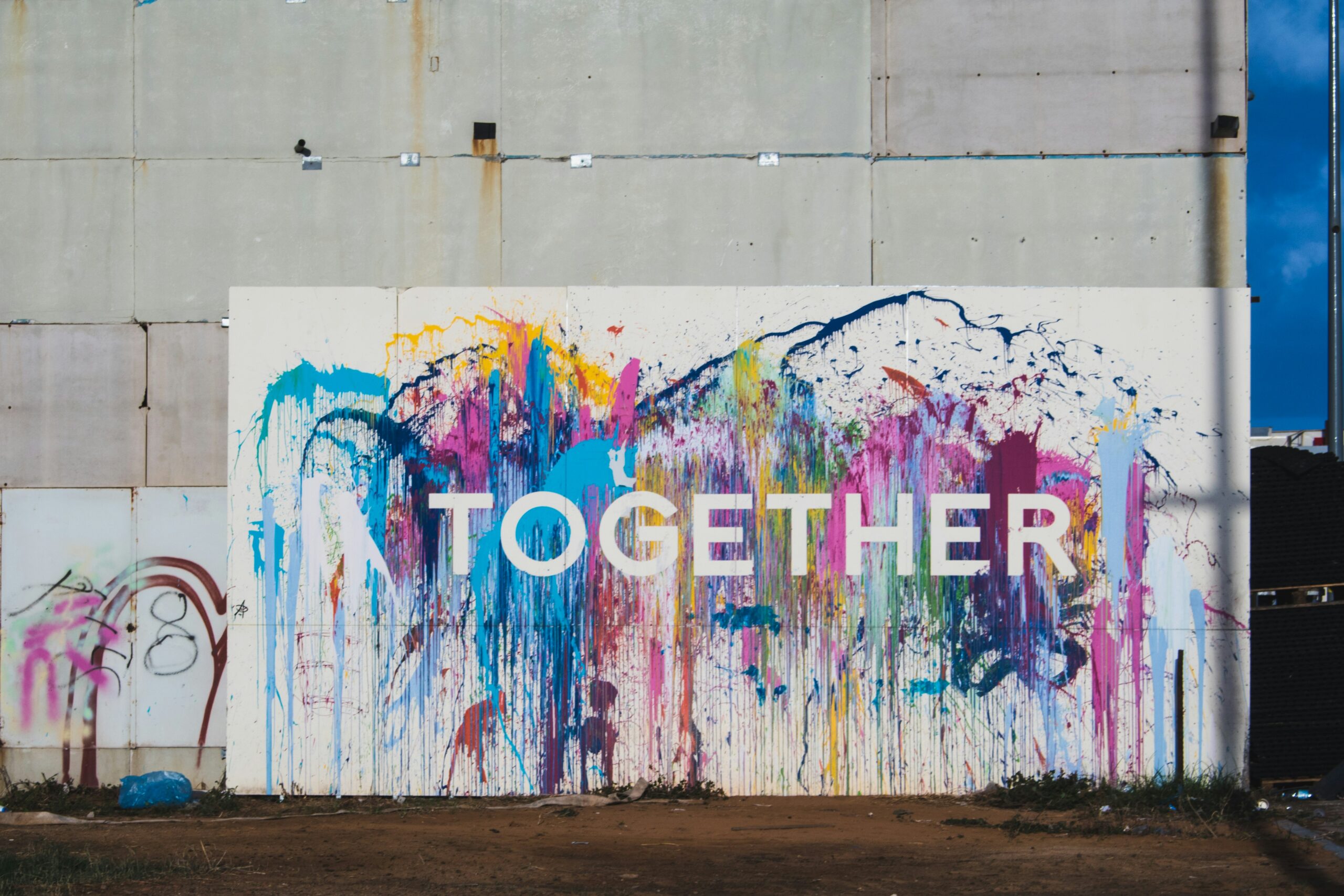
Grace-Marie Thompson, MPA
I love the Commonwealth of Kentucky. If someone refers to Kentucky as a state, I gently correct with Commonwealth. I’m not being particular; I take immense pride and joy in us being named a Commonwealth. Commonwealth is very literal, meaning “common well-being”. In the 17th century, the definition of “commonwealth” expanded from its original sense of “public welfare” or “commonweal” to mean “a state in which the supreme power is vested in the people; a republic or democratic state”.1 I truly believe that Kentucky is and will be a place for common well-being.
What is Community?
Neighbor Knowledge was developed so that we can strengthen our common well-being, or as we like to say, “Build Community Well-Being.” First, we should describe what community is.
Take a second to mull over these questions:
- What do you think of when you think of community?
- What makes up your community?
- What does your community look like?
- What defines your community?
I like this thought exercise because there is no wrong answer! So many places, people, and things can be community and community can be found in so many places, people, and things. The World Health Organization defines community through different types of community:
- Community of Place: people brought together by geographic boundaries
- Community of Interest: people who share the same interest or experiences
- Community of Practice: people in the same profession or who are learning/practicing together
- Community of Circumstance: people brought together by external events or situations
- Community of Action: people trying to collaborate and bring about change
Think through some examples of each. Here’s some I came up with:
- Community of Place: West Newport, City of Newport, the Commonwealth of Kentucky, the United States of America
- Community of Interest: book clubs, gardeners, Big Blue Nation, Dungeons & Dragons, fans of crab rangoons
- Community of Practice: Cincinnati Bengals, Florence Y’alls, social workers, engineering students
- Community of Circumstance: Hurricane Helene survivors, power outage areas, wildfire migrants, lottery winners
- Community of Action: Student Nonviolence Coordinating Committee (SNCC), climate activists, BUILDING COMMUNITY WELL-BEING project

There are so many ways to be a community and be in community with others.
But why, especially, are we fixing to be a Community of Action? Sometimes I feel like we only talk about the what and the how of community building. The why is the most important part, but it can be hard to describe. I don’t have the best words to describe it, but here are some great quotes that do!
“And once you realize that you can do something, it would be difficult to live with yourself if you didn’t do it.” -James Baldwin
“Do what you can, with what you have, where you are.” -Theodore Roosevelt
“How wonderful it is that nobody need wait a single moment before starting to improve the world.” -Anne Frank
“We must all learn to live together as brothers or we will all perish together as fools. We are tied together in the single garment of destiny, caught in an inescapable network of mutuality. And whatever affects one directly affects all indirectly.” -Dr. Martin Luther King, Jr.
Community does wonderful things for us social creatures. It helps create a sense of belonging and connection. There is support and safety in community. People can find purpose and inspiration through it. Communities help us gain knowledge and interest. We can create opportunities and influence through community networks. Most importantly, we can FIND JOY and WELL-BEING in community. While some communities might have less resources in some of these, the aspiration of community and connection is to create and continue in these great social connections. People need other people.
I encourage you to take stock of your communities. Share in the joy you have found, the connections you can lean on, and explore ways we can build community well-being.
Yours in Community,
Grace
1Boyd, James Penny (1888). The Political History of the United States, Or, Popular Sovereignty and Citizenship. International Publishing Company. You find in your reading other terms used to convey the same idea as “democracy” or “republic.” The word “commonwealth” is one of them.
Neighbor Knowledge strives to provide quick snapshots of information about a variety of topics on building community well-being in the Commonwealth of Kentucky. For more information about the Building Community Well-Being project, visit our “About Us” page.

